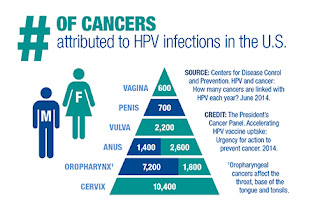Be Healthy, Be Positive, Be Happy!
Many people have the desire to lose weight. Many of
those who exercise simply do so for the purpose of losing weight. But the
question is… Does your weight determine your health? Does being “thin” = “healthy”
and being “fat” = “unhealthy”? Are you considered “overweight” or “obese” according
to your BMI? Have you been on a restrictive diet because someone in your life
has told you to lose weight?
There is a new approach to health called Health at Every Size (HAES) that honors
genetic diversity and promotes healthy lifestyles for each individual.
HAES promotes specific principles that lead to
improved and lasting health for people of all shapes and sizes.
Society perceives health as achieving an “ideal”
weight and size. However, many of us do not fit within society’s definition of
health. Many of us beat ourselves up for not being able to achieve that “ideal”
weight and size projected through media, society, or culture.
We can’t assume that someone is “overweight” just by
looking at them, because we don’t know their genetically-determined weight and
whether or not they are “over” that weight.
The Body Positive program at the Health Resource
Center works to ensure that we use respectful, empowering, and positive
language when talking about weight. This is very important for reducing
weight-based shame and honoring the genetic diversity of human shapes and
sizes. Again, we can’t presume that a fat person is unhealthy, nor that a thin
person is healthy, or that an extremely thin person has an eating disorder.
Some people use the word fat without judgement to describe a fat person. We say fat with the same energy as we say other
physical characteristics such as tall, short, thin, brown eyed, curly haired,
etc. Fat is the simplest word to
describe people who are larger than average; but the word itself doesn’t hold
negative judgement unless we attach it to the word.
Surprisingly, weight gain occurs due to not eating
properly and living a sedentary lifestyle. A healthy weight is achieved by
creating a balanced relationship with food, exercise, and rest. This means
eating when hungry, stopping when full, eating a wide variety of foods,
exercising regularly and moderately, and resting when tired or ill.
Since maintaining weight loss through restrictive
dieting is not possible for about 95% of the population, prescribing a
restrictive diet to an overweight person is counterproductive, as it tends to
lead to poorer mental and physical health, as well as increased weight over
time.
The Body Positive program is an
8-week series offered at the Health Resource Center in Student Health Services.
The Body Positive promotes self-love and self-care while encouraging people to
adopt more positive and forgiving attitudes towards their bodies, with the goal
of improving overall health and well-being.
So, do you still want to lose weight? Or are you ready
to create a balanced relationship with food, exercise, and rest to be at YOUR
set-point weight?
By Manjeet Kaur


Comments
Post a Comment